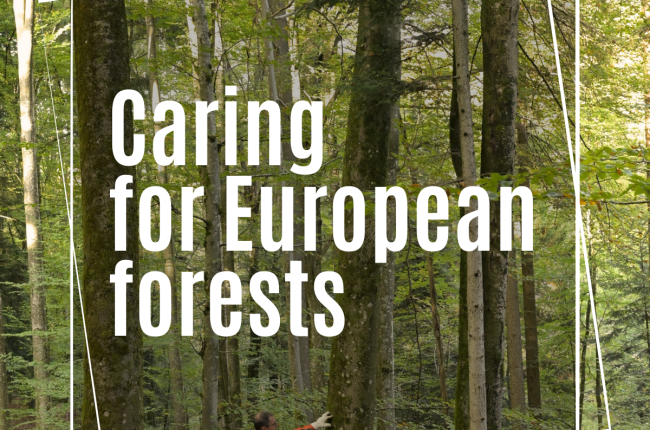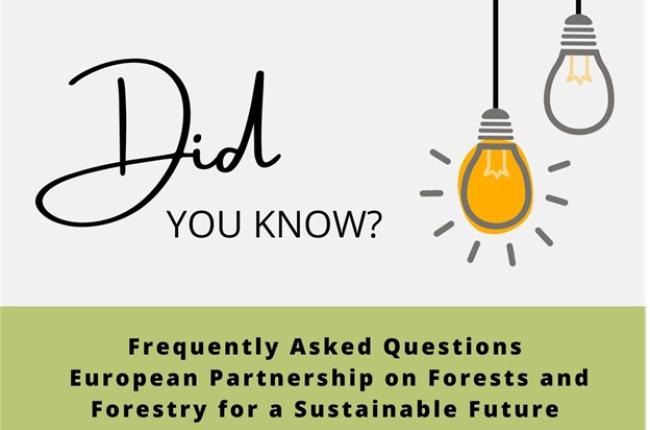14 April 2021
Positions
- On behalf of European farmers and agri-cooperatives, private forest owners and state forest organisations, we would like to thank you for giving us the opportunity to present our views today.
- We wholeheartedly support the choice made to discuss these two topics at this Ministerial Conference, as they are the most relevant for our sector. In addition, we welcome the recommendations made by the Forest Europe Expert Group on adaptation to climate change.
- Today, besides the COVID-19 pandemic, climate change is the greatest challenge that humankind, forest owners and managers included, face. Forests are seriously affected by storms, droughts and pests or diseases. In addition to changing climate conditions, changes in land use have increasingly made the forests in many parts of Europe more vulnerable to fire. As climate change is expected to increase the likelihood of fires, the risk of extreme forest fires is predicted to increase if no major actions are undertaken.
- At the same time, the European Green Deal, the United Nations Sustainable Development Goals, the climate mitigation goals of the Paris Agreement, as well as other international commitments and initiatives, recognise the crucial role of forests and the forest-based sector in reaching their objectives.
- However, in today’s policy-making we witness major efforts to promote and consider growing forests exclusively as carbon sinks and storage. Nonetheless, if they are actively and professionally managed, forests can act as everlasting sinks, playing their role in substituting fossil-based materials and energy and in the carbon storage in harvested wood products. Therefore, only promoting the use of forests as carbon sinks is not an appropriate measure to combat climate change but rather a high-risk strategy.
- The entire forest cycle and the numerous ecological and socio-economic services that forests provide must be considered. This is essential to increase the resilience of our forests and their potential to absorb and store CO2, to guarantee clean water and air, to deliver renewable climate-friendly solutions for a bio-based economy and to contribute to viable rural areas.
- While we are strongly committed to continuing to actively and sustainably manage our forests and to ensure their multifunctional role, this is not enough to maintain the viability of the sector. It is important that all pan-European, EU and national forest-related policies, including the new EU Forest Strategy as the main framework for our sector at EU level, promote effective technical, scientific and policy cooperation, as well as coherent policy tools and adequate funding for adaptation, to ensure healthy and resilient European forests.
- Moreover, to effectively tackle climate change challenges in our forests and to better adapt, we think it is essential to continue R&I efforts to strengthen the exchange of best practices among regions and countries and to disseminate this knowledge to the practitioners.
- We hope that our views will be granted your full consideration in future work. We will continue to support and be involved in Forest Europe’s activities and in the actions on a coordinated pan-European forest risk knowledge mechanism.
Document




